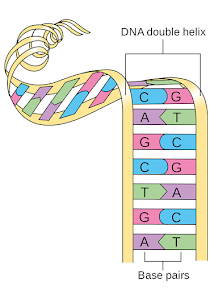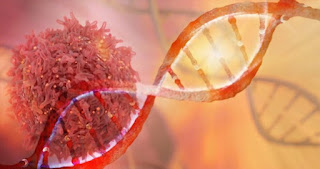Study Reinforces Treatment Idea for Cancer with Microsatellite Instability

A new study led by NCI researchers backs up a recent hypothesis that targeting an enzyme known as WRN could be a new strategy to treat some tumors. There are no known medications that directly target the enzyme, but the NCI team—along with numerous drug companies—is looking for one. Scientists discovered last year that cancer cells with a genetic trait known as microsatellite instability-high (MSI-high) require WRN to survive. WRN deletion killed MSI-high cancer cells but not healthy cells, igniting interest in a potential novel therapeutic strategy. MSI-high malignancies account for about one-third of endometrial cancers and one-seventh of colorectal, stomach, and ovarian cancers. It's a common feature of tumors in persons with Lynch syndrome, a hereditary condition that raises the risk of cancer. If a person's cancer has a high MSI, specific tests can be used to establish this. According to Sergei Mirkin, Ph.D., of Tufts University, who wasn't involved in the research, t...


